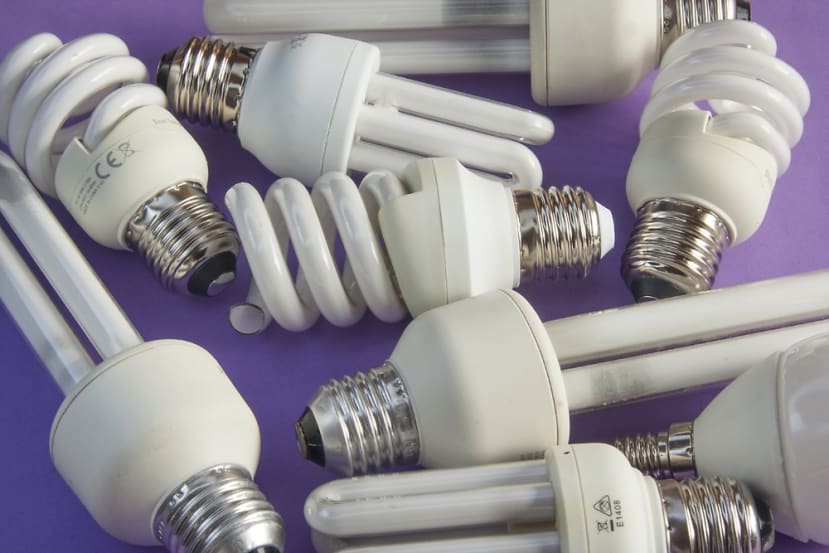Phasing out fluorescent tubes: Moving to sustainable lighting solutions
Follow articleHow do you feel about this article? Help us to provide better content for you.
Thank you! Your feedback has been received.
There was a problem submitting your feedback, please try again later.
What do you think of this article?
In recent years, the lighting market has shifted towards energy-efficient and sustainable solutions. Many governments and organisations across the European Union (EU) have been promoting more sustainable lighting technologies. The UK has followed suit and introduced a ban on these older lighting technologies including compact fluorescent lightbulbs (CFLs). Inefficient traditional incandescent and CFL lighting solutions have become increasingly unavailable. Which is no surprise based on their notoriously short lifetimes and high energy consumption levels.
CFL technologies on average use about 75% less energy than incandescent lighting solutions. Thus, CFL lighting was initially introduced to the market as a more energy-efficient alternative. With their longer lifetimes and reduced energy consumption, they became a popular choice for businesses and consumers across the EU and UK. This popularity was furthered even more in 2009 by a ban on traditional incandescent light bulbs introduced by the EU. Which was implemented as part of the EU’s pledge to decrease carbon emissions and tackle climate change.
However, though widely implemented, and better than incandescent lighting, CFL technologies still had many drawbacks which have led to their own phasing out in today’s lighting market. CFL technology is now outdated and relies on the inclusion of hazardous materials such as mercury. Mercury is toxic and can be harmful to both humans and our environment. So, to lessen these risks and withdraw such energy-demanding products from the lighting market, the EU chose to phase out CFL lighting. So, in 2023, CFLs and T5 and T8 fluorescent were phased out to align with the new European Commission's Eco-design and RoHS Directives.
This has left the market to turn to an even more energy-efficient and environmentally friendly lighting solutions: Light emitting diodes (LEDs). LED modules and bulbs are widely replacing fluorescent lights. Making this switch can provide instant benefits, reducing carbon emissions and future waste, whilst also increasing operational and cost efficiencies. In comparison to fluorescent lighting, LEDs have much longer lifetimes, greater energy efficiency, and do not contain mercury that poses a risk to consumers and our environment. The absence of such toxic substances is in accordance with the EU’s commitment to decreasing the use of hazardous materials.
Now that LEDs are championing the market and enabling a more energy-efficient world, there is a significant decrease in energy usage in multiple market sectors. This is helping protect our environment on a larger scale, whilst also decreasing electricity bills for consumers. These impacts can be seen across varying sectors of the lighting market, including horticultural lighting. In previous years fluorescent tubes were a popular choice for indoor growers. Learn about the benefits of LED grow lights over fluorescent solutions here.
Overall, the ban on fluorescent and CFL light bulbs has positively progressed the lighting market in a way that consumers and business continue to reap benefits from. The new UK and EU regulations have prompted movement towards a more sustainable future. Plus, with continuing developments and advancements in LED technology, lighting will only continue to improve and become more price-accessible to the wider market.


